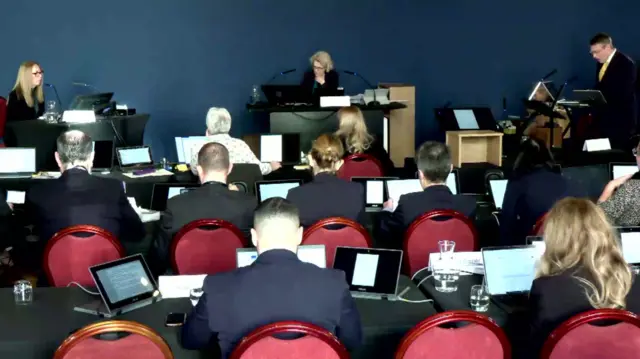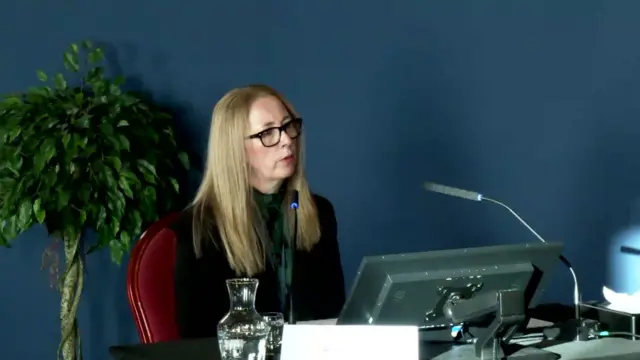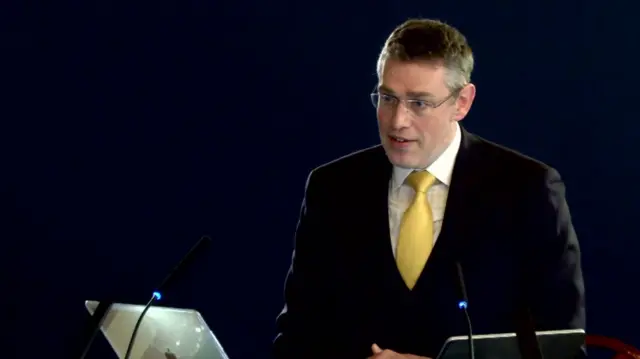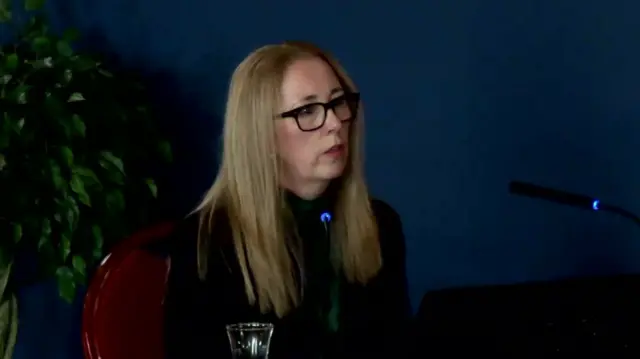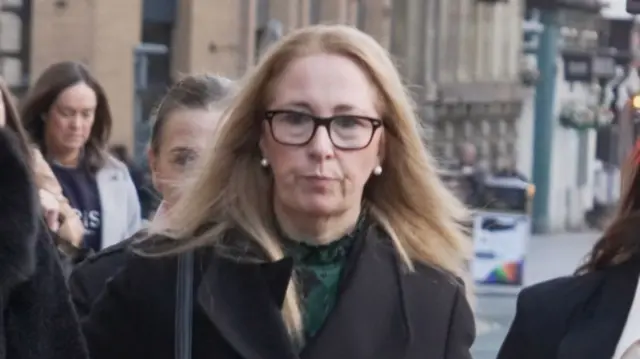Questioning moves on to 2016 inspectionpublished at 12:07 GMT 25 November 2024
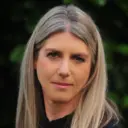 Judith Moritz
Judith Moritz
Special correspondent, reporting from the inquiry
Alison Kelly is now being asked about an inspection which was carried out by the hospital regulator, the Care Quality Commission, in February 2016.
More information about the inspection was heard earlier in the inquiry and can be found in this article.
